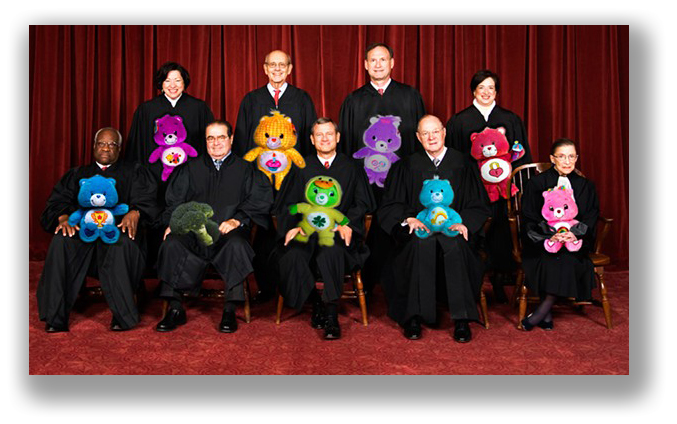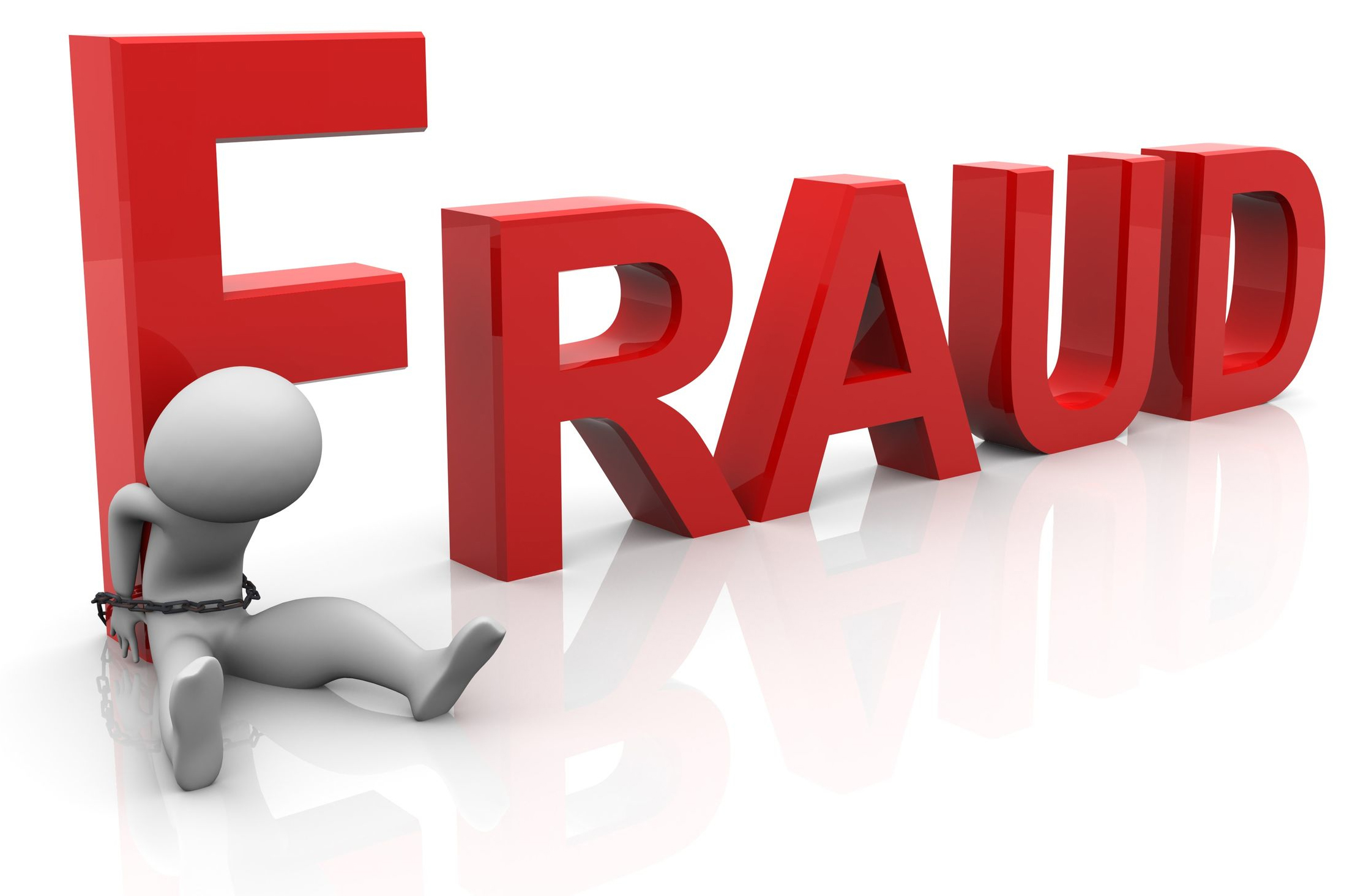We post news and comment on federal criminal justice issues, focused primarily on trial and post-conviction matters, legislative initiatives, and sentencing issues.

PACER SUIT HEADS FOR FINISH LINE
 Many families of federal prisoners have become familiar with PACER, the federal courts’ portal to filings, orders, opinions and case dockets. The system, officially “Public Access to Court Electronic Records,” lets lawyers and the public alike obtain documents that once could only be gotten by visiting the U.S. Courthouse and convincing a clerk to pull from the files.
Many families of federal prisoners have become familiar with PACER, the federal courts’ portal to filings, orders, opinions and case dockets. The system, officially “Public Access to Court Electronic Records,” lets lawyers and the public alike obtain documents that once could only be gotten by visiting the U.S. Courthouse and convincing a clerk to pull from the files.
PACER’s 10¢-a-page charge (with a max of $3.00 per document no matter how many pages) – billed every 90 days to your credit card – seems like one of the real bargains left in this country to someone (like me), who used to trudge to courts all too often for the time-consuming task of checking paper dockets. Now, a few keystrokes and less than the cost of a cup of coffee get me more than I could ever retrieve from the clerk’s office. (Of course, being able to pull a record from a District Court in Anchorage, Alaska, from an office 3,000 miles away in Cleveland, Ohio, for $3.00 and five minutes of time is unparalleled convenience easily worth ten times the price).
Still, I grump every quarter when a PACER bill for a few hundred dollars arrives in my email inbox. I pay it, and most of the time, I wish state courts uniformly offered the same convenience for the same price.
 But not everyone is satisfied. Lawyers for some PACER users were in front of a federal judge in Washington, DC, last week asking approval of a $125 million settlement in a class action lawsuit that accused the federal courts of overcharging the public for PACER electronic court records system documents. The deal includes $23.8 million for the plaintiffs’ attorney fees.
But not everyone is satisfied. Lawyers for some PACER users were in front of a federal judge in Washington, DC, last week asking approval of a $125 million settlement in a class action lawsuit that accused the federal courts of overcharging the public for PACER electronic court records system documents. The deal includes $23.8 million for the plaintiffs’ attorney fees.
The lawsuit, brought in 2016, alleged that the statute establishing PACER limited the amount charged to users to only enough to run the system. Instead, over the years, the courts let “mission creep” into PACER, using the collected fees to fund other programs as well. In 2020, the US Court of Appeals for the Federal Circuit ruled that 28 USC § 1913 limited “PACER fees to the amount needed to cover expenses incurred in services providing public access to federal court electronic docketing information.”
 Last year, the government created the $125 million common fund to provide up to $350 per class member who paid PACER fees from 2010 through 2018. Those who paid over $350 during that time would receive their pro rata share of anything left. The deadline for making a claim to share in the settlement passed several months ago.
Last year, the government created the $125 million common fund to provide up to $350 per class member who paid PACER fees from 2010 through 2018. Those who paid over $350 during that time would receive their pro rata share of anything left. The deadline for making a claim to share in the settlement passed several months ago.
A bill to make PACER free (S.2614 – Open Courts Act of 2021) passed out of the Senate Judiciary Committee late last year but died when the 117th Congress expired on January 2nd of this year.
Nat’l Law Journal, ‘Extraordinary Achievement’: Lawyers Ask Judge to OK $125M PACER Fees Settlement (October 12, 2023)
Nat’l Veterans Legal Services Program v. United States, 968 F.3d 1340 (Fed. Cir. 2020)
S.2614 – Open Courts Act of 2021
– Thomas L. Root




